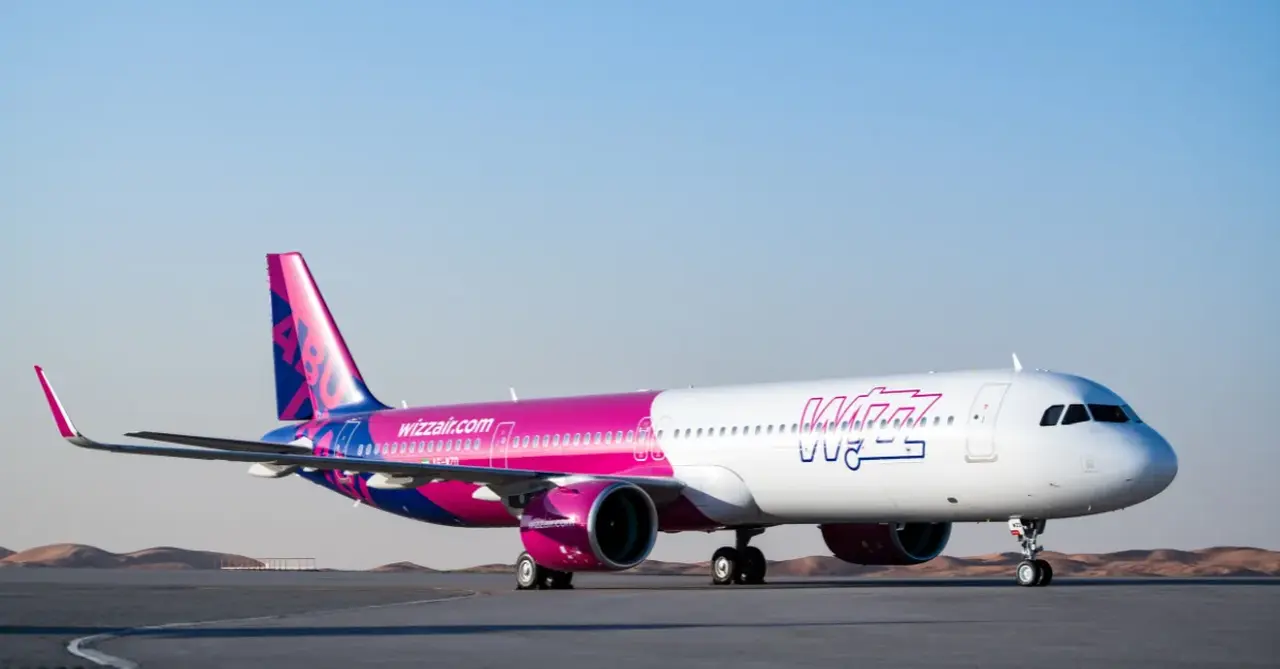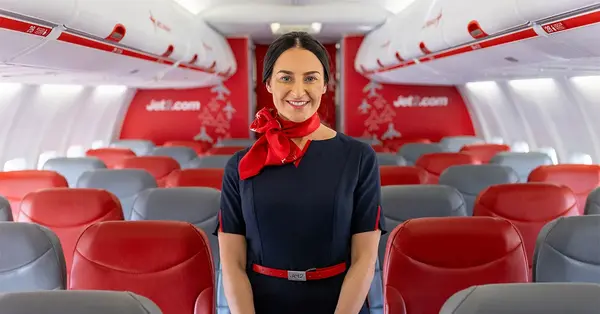Engine inspections continue to ground Wizz Air aircraft
Wizz Air continues to suffer from aircraft groundings due to ongoing engine inspections.
The eastern and central European budget carrier had 35 aircraft unavailable as of September 30, down from 41 at the end of June, due to issues with GTF power plants.
Chief executive Jozsef Varadi, issuing half year results, said: “For the next fiscal year, we expect GTF engine-related aircraft groundings to reduce to a range of 25-30 aircraft.”
The update came as the airline confirmed the deferment of 88 Airbus aircraft deliveries from this decade to the next, while three A321neos have been sold.
On current trading and the outlook, Varadi said: “Most importantly, since the period closed, we have completed our objective of optimising our aircraft delivery stream in order to target medium-term capacity growth at a more sustainable 10-12% per annum.
“This encompasses the deferment of 88 Airbus deliveries from this decade to the next, while we have also sold three A321neos this year.
“Our order book, which now extends to 2033, remains a strategic asset, differentiating Wizz Air by securing stable and competitively-priced capacity growth for years to come.”
He added: “We wil see the most significant changes to our delivery profile in around 12 months time given near-term orders and financing commitments.
“As such, we are actively managing this winter season’s capacity to deliver circa mid-teens second half seat capacity growth year on year.
"In terms of pricing, looking at the current 90-day booking curve, we are seeing unit revenue approximately down low single digits percentage-wise year on year while the load factor, conversely, is up by a similar level in terms of a percentage points gain.
The airline saw net profits rise by 2.6% year on year to €323.5 million in the six months to September 30 as passenger numbers increased by more than three million to 36.5 million with a load factor of 92.4%.
Varadi said: “Our first half financial results reflect the increased capacity year on year deployed over the summer season.
“During the period both operational and commercial improvements were made, with further actions planned in the months ahead.
“We made a number of significant business decisions supporting our longer-term strategic objectives. Notably, closing our Abu Dhabi base on the first of September, and initiating the closure of our Vienna base, which will be completed by March 2026.
"These actions reflect our pivot away from high cost locations to the opening of new bases at lower cost airports, including at Bratislava, Tuzla, Podgorica, Yerevan and Warsaw (Modlin), which will deliver operational cost savings going forward.’’


















